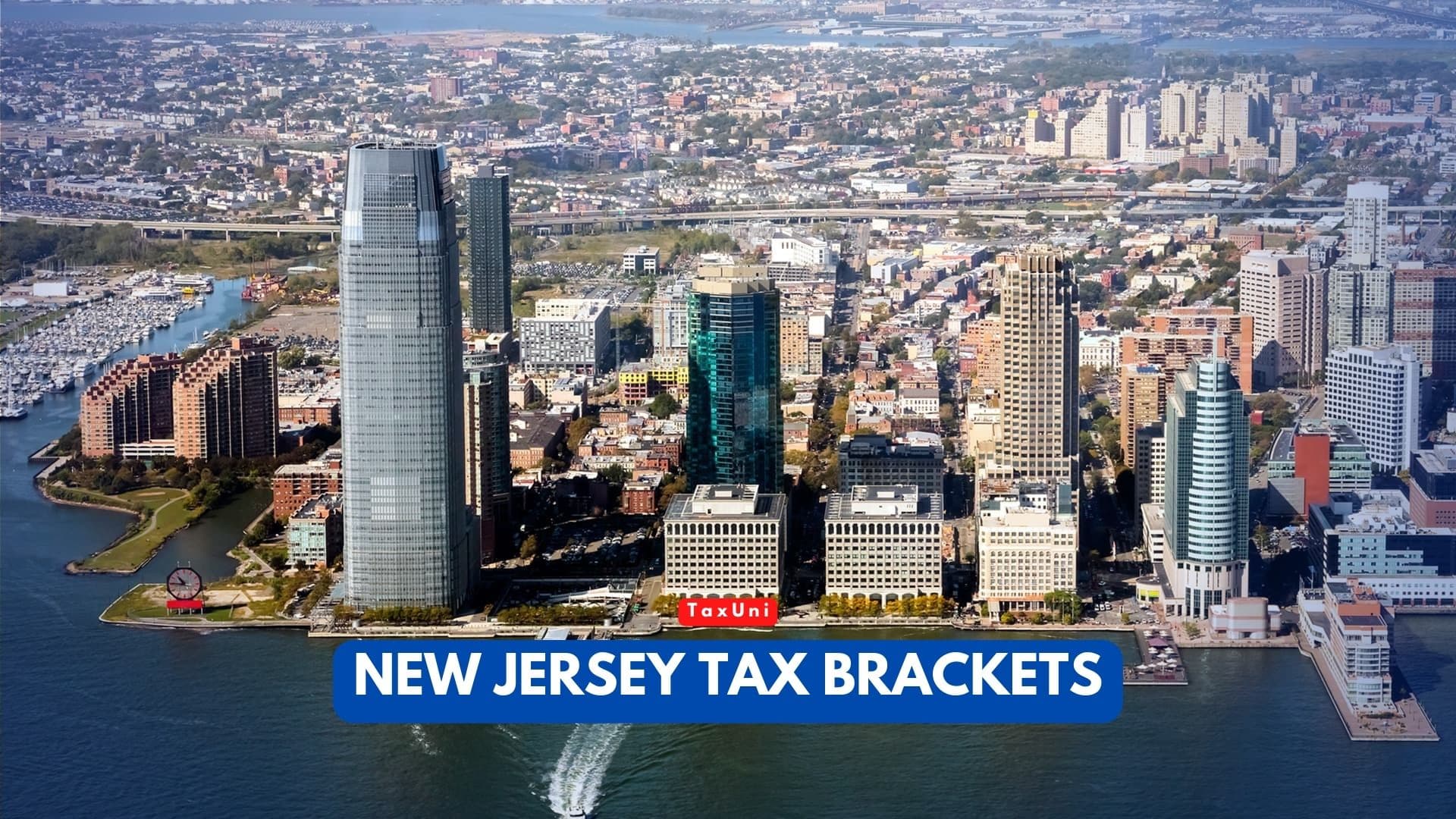Contents
New Jersey operates as a progressive state income tax system. New Jersey Tax Brackets are based on the adjusted gross income of taxpayers. This type of tax system makes it easy for you to keep track of your overall tax liability. In addition to state income tax, New Jersey also levies a sales tax and property taxes on homes and businesses. To learn more about these taxes and how they may affect you, visit the websites of your local state taxation and revenue department or the Federation of Tax Administrators. The gist of the tax system is that there are 6 income tax brackets for varying amounts of income. The brackets are a mix of progressive and flat rates. Here are the overall numbers for taxation in New Jersey state:
- Income tax: 1.4 – 10.75 percent
- Property tax: 2.26 percent ( assessed value of a property)
- Sales tax: 6.625 percent
Is New Jersey a High-Tax state?
New Jersey has one of the country’s lowest state income taxes, making it an appealing destination for retirees. In fact, single taxpayers can exclude up to $75,000, and married couples filing joint returns can exclude up to $50,000 of retirement income from their tax liability if their New Jersey income is $100,000 or less. Moreover, many retirees are eligible for a retirement plan that provides a generous income exemption from tax, so their total income is often below the tax threshold. Additionally, Social Security benefits are also exempt from tax in New Jersey.
Although New Jersey has some of the highest property taxes in the country, a homeowner’s effective tax rate is just 2.26%, the second-highest in the nation. The Garden State is known for its fertile land and abundant natural resources, including lakes and ponds. It also has a long history of economic success.
In addition, the Garden State is a popular tourist destination because of its scenic natural features, including beaches and mountains. It is also home to some of the world’s most iconic landmarks, such as the Statue of Liberty and the Empire State Building. The state’s economy heavily depends on tourism, contributing to its revenue stream. It also has several high-tech industries, including aerospace, electronics, and defense.
While the state does not levy a personal income tax, it imposes a sale. It uses a tax on goods sold within the state and a state and local property tax on real estate. The New Jersey Department of Treasury estimates that it collects $1.9 billion in sales and use taxes each year. You can check the following Tax Brackets for New Jersey state if you want to make your own calculations.
NJ Tax Brackets 2024
Single Filers
| Taxable Income | Rate |
| $0 – $20,000 | 1.400% |
| $20,000 – $35,000 | 1.750% |
| $35,000 – $40,000 | 3.500% |
| $40,000 – $75,000 | 5.525% |
| $75,000 – $500,000 | 6.370% |
| $500,000 – $1,000,000 | 8.970% |
| $1,000,000+ | 10.750% |
Married, Filing Jointly
| Taxable Income | Rate |
| $0 – $20,000 | 1.400% |
| $20,000 – $50,000 | 1.750% |
| $50,000 – $70,000 | 2.450% |
| $70,000 – $80,000 | 3.500% |
| $80,000 – $150,000 | 5.525% |
| $150,000 – $500,000 | 6.370% |
| $500,000 – $1,000,000 | 8.970% |
| $1,000,000+ | 10.750% |
Married, Filing separately
| Taxable Income | Rate |
| $0 – $20,000 | 1.400% |
| $20,000 – $35,000 | 1.750% |
| $35,000 – $40,000 | 3.500% |
| $40,000 – $75,000 | 5.525% |
| $75,000 – $500,000 | 6.370% |
| $500,000 – $1,000,000 | 8.970% |
| $1,000,000+ | 10.750% |
Head of Household
| Taxable Income | Rate |
| $0 – $20,000 | 1.400% |
| $20,000 – $50,000 | 1.750% |
| $50,000 – $70,000 | 2.450% |
| $70,000 – $80,000 | 3.500% |
| $80,000 – $150,000 | 5.525% |
| $150,000 – $500,000 | 6.370% |
| $500,000 – $1,000,000 | 8.970% |
| $1,000,000+ | 10.750% |
